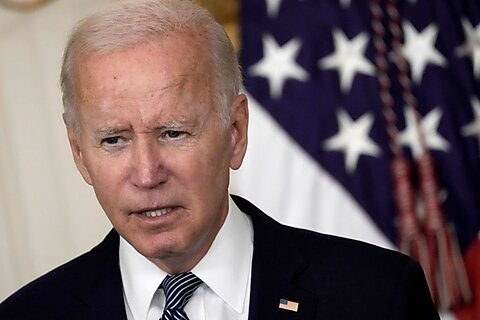
Domestic Benefits from Foreign Tax Havens
Foreign investment in low‐tax countries complements U.S. production and expands global investment.
Low‐tax countries are often derided for either attracting illusory corporate profits without changing true investment behavior or for attracting international investment to the detriment of usually higher‐tax countries. However, research consistently finds that when multinational businesses invest abroad, they also increase investment at home.
For example, Mihir Desai, C. Fritz Foley, and James Hines find that “one dollar of additional foreign capital spending is associated with 3.5 dollars of additional domestic capital spending.” A more specific body of research shows that this complementarity of foreign and domestic investment is also true for investments in low‐tax countries.
Ongoing efforts to limit access to tax havens through international minimum taxes and other new rules will have real costs to domestic U.S. investment and employment.
Tax Havens Boost Real Investment
Access to low‐tax countries increases global economic activity, and cutting off access to tax havens undermines global and domestic investment.
A 2004 working paper by Desai, Foley, and Hines shows that corporate activity in low‐tax countries “does not appear to divert activity from non‐havens, as the estimates imply that firms establishing tax haven operations expand, rather than contract, their foreign activities in nearby” higher‐tax countries. They conclude that “the ability of foreign investors to use tax havens in the same region has the beneficial effect of stimulating investment.”
Using a 2006 change to a tax exemption for income originating in U.S. territories, Juan Carlos Suárez Serrato shows that the effective tax increase reduced foreign and domestic investment with measurable effects on American workers’ well‐being. Firms operating in Puerto Rico and exposed to the tax increase “reduced their global investment by 10%, increased their share of investment abroad by 12%, and reduced their US employment by 6.7%.” Areas of the United States that had more firms affected by the change “experienced relative decreases in income, wages, and home values, and these areas also became more reliant on government transfers.” Cutting off access to a popular low‐tax jurisdiction reduced affiliated domestic economic activity.
Countries can also increase the cost of accessing low‐tax countries by requiring new forms of tax reporting. These stricter regulations reduce domestic investment and make firms less likely to invest in new global opportunities. The introduction of country‐by‐country reports of more detailed geographic information on business, financial, and tax activities is estimated to have raised effective tax rates by between two percent to four percent on affected firms. Lisa De Simone and Marcel Olbert find that the effective tax increase made firms less sensitive to new investment opportunities, confirming a similar finding following a new U.S. reporting requirement in 2010. Following stricter transfer pricing rules that made it harder for multinationals to move profits to low‐tax jurisdictions, firms decreased domestic investment but did not lower total global investment.
Complementary research shows that increased foreign employment is associated with increased domestic employment. Brian Kovak, Lindsay Oldenski, and Nicholas Sly use the implementation of bilateral tax treaties as an instrument to show that an increase in foreign affiliate employment drives a commensurate domestic employment increase 18 percent as large. The results hold in the aggregate, showing net employment gains from increased offshore activity.
Lowering domestic taxes on foreign‐earned income also increases foreign investment without crowding out domestic investment. Following reforms in the U.K. that lowered taxes on foreign profits earned by domestic firms (moving from a worldwide to a territorial tax system), Li Liu finds that U.K. businesses increased foreign investment in low‐tax countries by almost 17 percent, without offsetting reductions in domestic investment.
This body of research indicates that access to tax havens is like a tax cut on investment that increases investment everywhere, even in non‐tax havens. Rather than a global scourge that just erodes the tax base of high‐tax countries, low‐tax countries help allocate global capital in the face of inefficient tax systems to the benefit of workers and investors around the world. Cutting off domestic business access to low‐tax countries is a lose‐lose; it hurts real foreign and domestic economic activity.



